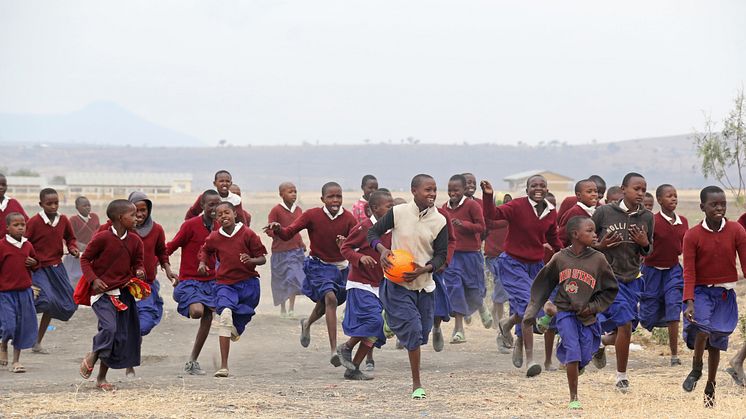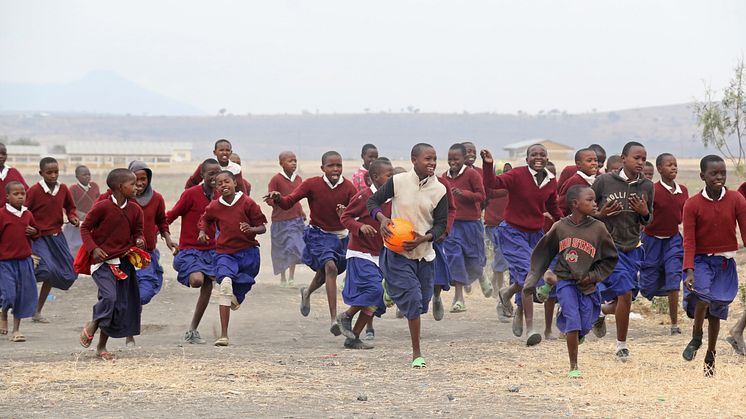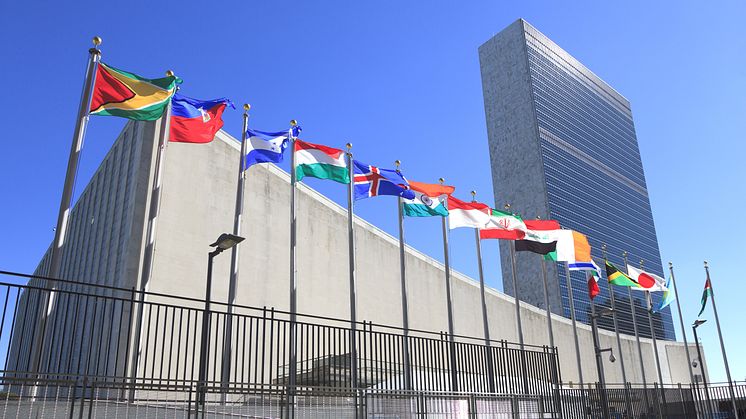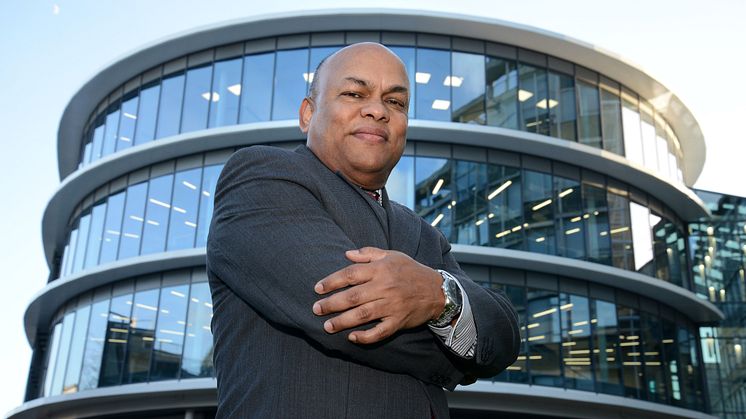
Press release -
Huge fall in FGM among girls across Africa
The prevalence of female genital mutilation/cutting (FGMC) among girls up to the age of 14 has fallen sharply in most regions of Africa over the past three decades, reveals the first analysis of its kind.
The research, carried out by Professor Ngianga-Bakwin Kandala of Northumbria University, Newcastle, has been published in the online journal BMJ Global Health.
While the results are generally positive, they also indicate that the rates of decline vary widely by country, and that the practice is still pervasive in Western Asia–Iraq and Yemen. What’s more, the conditions in many of the countries where a decline has occurred are ripe for a reversal of the downwards trend, warns Professor Kandala.
His findings are based on an analysis of survey data (Demographic Health Survey and Multiple Indicator Cluster Survey) from 1990 up to 2017 for 29 countries across Africa, plus two countries in Western Asia (Iraq and Yemen). In all, they included 90 sets of survey data, covering 208,195 girls up to the age of 14.
This showed that the prevalence of FGMC varied widely among and within countries and regions during the survey periods. The decline was steepest in East Africa, followed by North and West Africa.
FGMC prevalence fell from 71.4% in 1995 to 8% in 2016 in East Africa; from just under 58% in 1990 to just over 14% in 2015 in North Africa; and from 73.6% in 1996 to 25.4% in 2017 in West Africa. However, in Western Asia, FGMC prevalence has gone up, rising by 1% in 1997, and by just under 16% in 2013.
While these trends point to the overall success of national and international initiatives to drive down the practice over the past three decades, there is still significant cause for concern, believes Professor Kandala.
He said: “The FGMC risk factors still prevail, which potentially heightens the likelihood of reverse trend in some countries. These risk factors include lack of, or poor, education, poverty, gendered cultural forces and continued perception of FGM as a potential marriage market activity.”
The study is observational, and as such, no firm conclusions can be drawn about its findings, added to which the survey data relied on personal contributions often affected by illiteracy, poverty, and cultural sensitivities.
Another important limitation is that the study focused only on girls aged 0-14. Trends in FGM among adult women were not considered in the study. The FGM prevalence is even higher among adults (aged 15-49) in many cultural jurisdictions.
Nevertheless, many countries were included in the analysis and sound sampling methods were used for the surveys.
The emerging consensus is that more than three million children in Africa are at risk every year of FGMC. And the practice is not confined to Africa and the Middle East, but also occurs in India, Indonesia, Israel, Malaysia, Thailand, some European countries, as well as North and South America.
“If the goal of public policy is to ensure that the practice is eliminated, further efforts and interventions as well as service planning are urgently needed,” added Professor Kandala.
“This means legislation, advocacy, education, multimedia communication and forging partnerships with religious and community leaders and health workers.”
Professor Kandala is a world expert in statistical analysis and has spent the last 15 years working with the United Nations, World Health Organisation, UNICEF, Population Council, and the UK’s Department for International Development (DFID) to map global health and disease in developing countries.
As well as identifying potential FGM hotspots, his research aims to identify the environmental, social and cultural reasons behind the continued practice of FGM.
His research in this area has resulted in invitations to speak at a wide range of high profile conferences and events.
In April 2017 he was asked by the United Nations to present at the Global Consultations on the Joint UNFPA-UNICEF Female Genital Mutilation/Cutting (FGM/C): Accelerate Change conference in Uganda. And in September last year he spoke at the United Nations Population Fund, Experts Group Meeting on Costing UNFPA Contributions to Female Genital Mutilation Elimination, in New York. He has also spent time working with the United Nations to train their own staff in the methodologies of modelling FGM.
The results of his research work have been circulated and discussed for advocacy during the international Day for Zero Tolerance for FGM, on 6 February 2018, the Commission on the Status of Women side event in March 2018, as well as the 73rd session of the UN General Assembly side event titled: Galvanize political action to eliminate FGM by 2030.
In recent years, Professor Kandala has also played a major role in helping establish a group to train biostatisticians in Africa, resulting in the formation of the Sub-Saharan African Consortium for Advanced Biostatistical Training (SSACAB).
Professor Kandala teaches Statistics at Northumbria and is part of the University’s Department of Mathematics, Physics and Electrical Engineering. He has recently been involved in establishing a new Statistics MSc course. For more information, including courses on offer, please click here.
Topics
Categories
Northumbria is a research-rich, business-focused, professional university with a global reputation for academic excellence. To find out more about our courses go to www.northumbria.ac.uk
If you have a media enquiry please contact our Media and Communications team at media.communications@northumbria.ac.uk or call 0191 227 4604.










